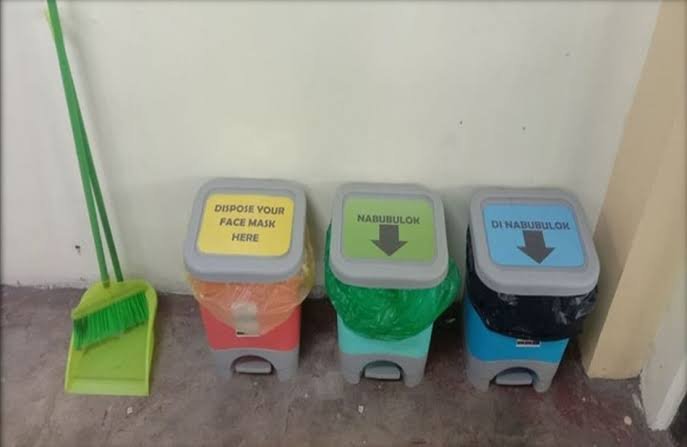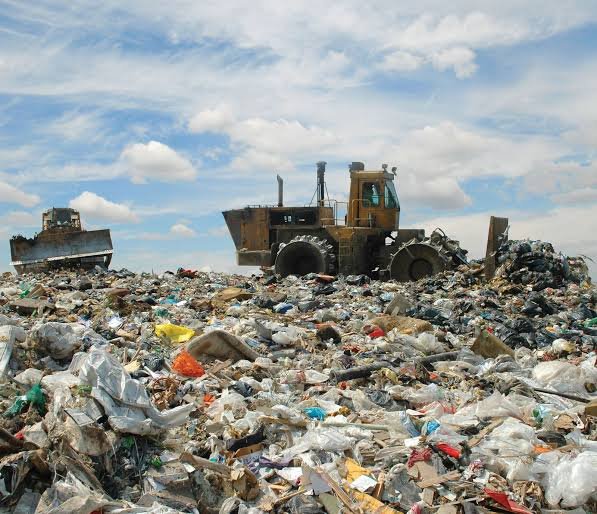Enhancing Solid Waste Management Awareness and Practices Among Students in the Philippines
2 comments

Solid waste management is a pressing issue that affects communities worldwide, including the Philippines. With a rapidly growing population and urbanization, the country faces significant challenges in properly managing and disposing of solid waste. However, the youth, particularly students, play a crucial role in raising awareness and implementing sustainable waste management practices. This article aims to explore the importance of solid waste management awareness among students in the Philippines and highlight some effective practices that can be adopted.
Understanding Solid Waste Management:
Solid waste refers to any discarded material that includes both organic and inorganic substances. Proper solid waste management involves a series of steps, including waste generation, collection, transportation, disposal, and recycling. It is essential to minimize waste generation, promote recycling and reuse, and ensure proper disposal to protect the environment and public health.
Importance of Solid Waste Management Awareness among Students:
Environmental Protection: Students who are aware of solid waste management practices understand the impact of improper waste disposal on the environment. They can actively contribute to reducing pollution, conserving natural resources, and preserving ecosystems.
Health and Sanitation: Poor waste management can lead to unhygienic conditions and the spread of diseases. By educating students about proper waste disposal methods, they can help maintain a cleaner and healthier living environment for themselves and their communities.
Sustainable Development: Encouraging students to adopt sustainable waste management practices cultivates a sense of responsibility and equips them with skills to address environmental challenges. This knowledge can contribute to the country's overall sustainable development goals.

Effective Solid Waste Management Practices for Students:
Segregation at the Source: Students should be taught to segregate waste into different categories, such as biodegradable, recyclable, and non-recyclable materials. This practice facilitates proper waste disposal and enables efficient recycling processes.
Recycling and Upcycling: Promoting recycling initiatives in schools can encourage students to actively participate in reducing waste. Schools can establish recycling programs for paper, plastic, glass, and other recyclable materials. Additionally, encouraging upcycling activities can promote creativity and resourcefulness among students.
Composting: Educating students about composting techniques can help them turn organic waste into nutrient-rich soil. Schools can establish composting areas or encourage students to maintain compost bins at home. Composting not only reduces waste but also provides a sustainable solution for enhancing soil fertility.
Awareness Campaigns and Workshops: Schools can organize awareness campaigns, workshops, and seminars to educate students about the importance of solid waste management. These activities can include interactive sessions, guest speakers, and field trips to waste management facilities to provide hands-on learning experiences.
Collaboration with Local Authorities: Students can actively engage with local government units and non-governmental organizations working on waste management initiatives. This collaboration can involve participating in cleanup drives, joining advocacy groups, and supporting community-led waste management projects.

Solid waste management is a critical issue in the Philippines, and students have a significant role to play in addressing this challenge. By raising awareness and adopting sustainable practices, students can contribute to creating a cleaner and healthier environment for themselves and future generations. It is essential for educational institutions, government agencies, and communities to collaborate in promoting solid waste management awareness and empowering students to become responsible stewards of the environment. Together, we can achieve a more sustainable and waste-free future.
Comments